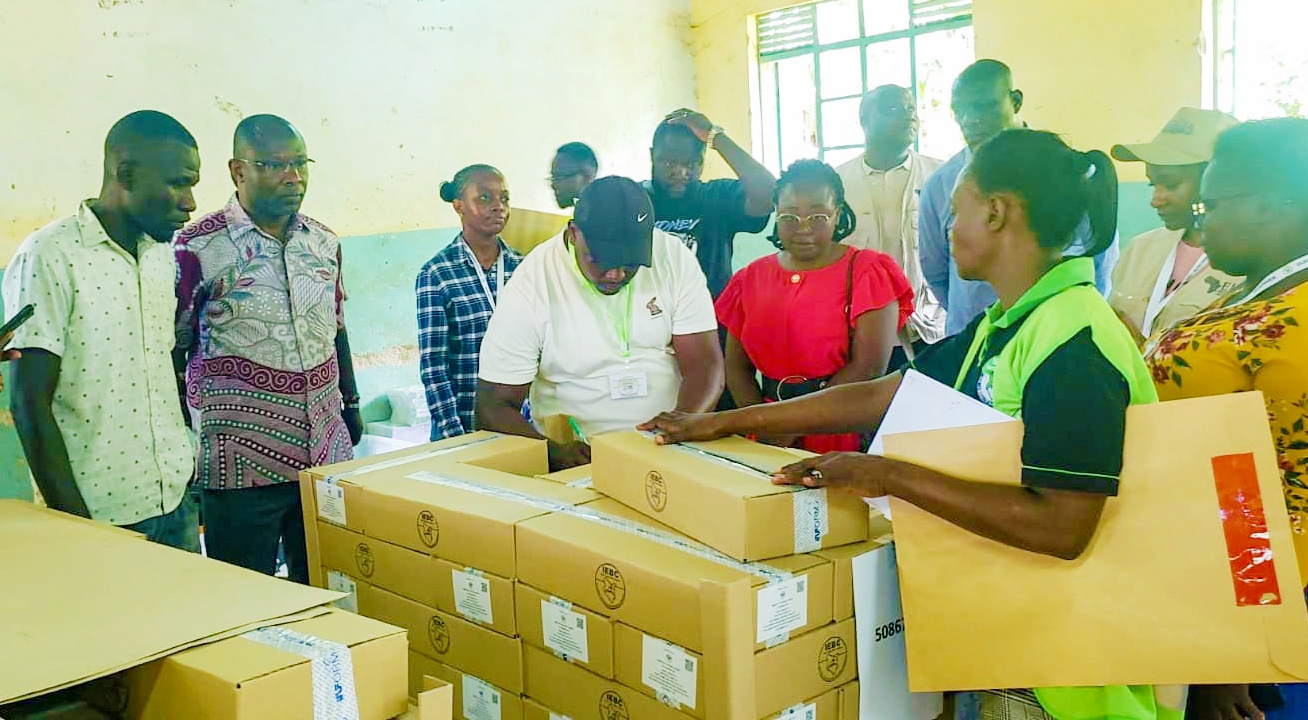October is World Mental Health Month.
The month was established by the Mental Health Organization to enhance public consciousness of mental health issues through different activities and campaigns.
Research shows that 46 per cent of suicide cases are attributed to mental health complications such as depression.
Globally, the mortality rate of suicide amounts to 1.4 per cent of deaths worldwide.
Suicide is a rising pandemic globally that affects all age groups, genders and social strata and sometimes it seems to be utterly inescapable.
It's also one of the leading causes of death worldwide and the fourth leading cause of death for adolescents and young adults aged 15-19years.
Economic difficulties, stigma, lack of empowerment, mental distress and hopelessness are among the many causes that have been attributed to skyrocketing suicidal cases.
According to World Health Organization data, 42,773 people commit suicide each year in the United States alone while globally it's estimated that 800,000 people commit suicide.
In Kenya, it's estimated that 408 people die by suicide yearly and four people die each day.
Suicide cases are on the rise in Kenya and this calls for immediate and agent reaction to help curb the situation.
There are also many unmet needs on mental health as high as 90 per cent meaning if 10 people are suffering from mental disorders, only one will probably get the health services they need, while the other nine remain unattended to.
The country has only about 80 psychiatrists and 30 clinical psychologists, fewer than its 500 psychiatric nurses, of which only 250 work in mental health according to the WHO yet the country spends only about 0.05 per cent of its health budget on mental health.
About 70 per cent of mental health facilities are located in the city.
According to section 236 of the Penal Code, an attempt to suicide is a misdemeanour which can lead to imprisonment.
This law has hampered the effort to address the root cause of suicide.
It has become a hindrance to people with suicidal thoughts due to the knowledge that it's a criminal offence and thus will often tend to hide rather than seek help.
As we celebrate this month, it's very prudent we look into our medical sector and ensure it's in a position to help fight mental health because suicide cases will reduce.
The government should take this issue seriously and increase their annual allocation to the mental health budget to enhance effective working by the medics.
It can also change the law on the criminalisation of suicide to at least allow police officers to help families take their relatives who attempt suicide to hospitals without fear of arrest.
More guiding and counselling offices should be enacted in public places to ensure a good number of victims are reached out.
Society should also kill the mentality of viewing men as weak anytime they seek help because it's the reason many have ended up dying by suicide.
Stigmatising victims of suicide should be stopped and society at large should be at the forefront to embrace victims of suicide and help them seek medication.
It's possible to end suicidal cases, but first, our health centres must be improved.
Student Rongo University
Edited by Kiilu Damaris













